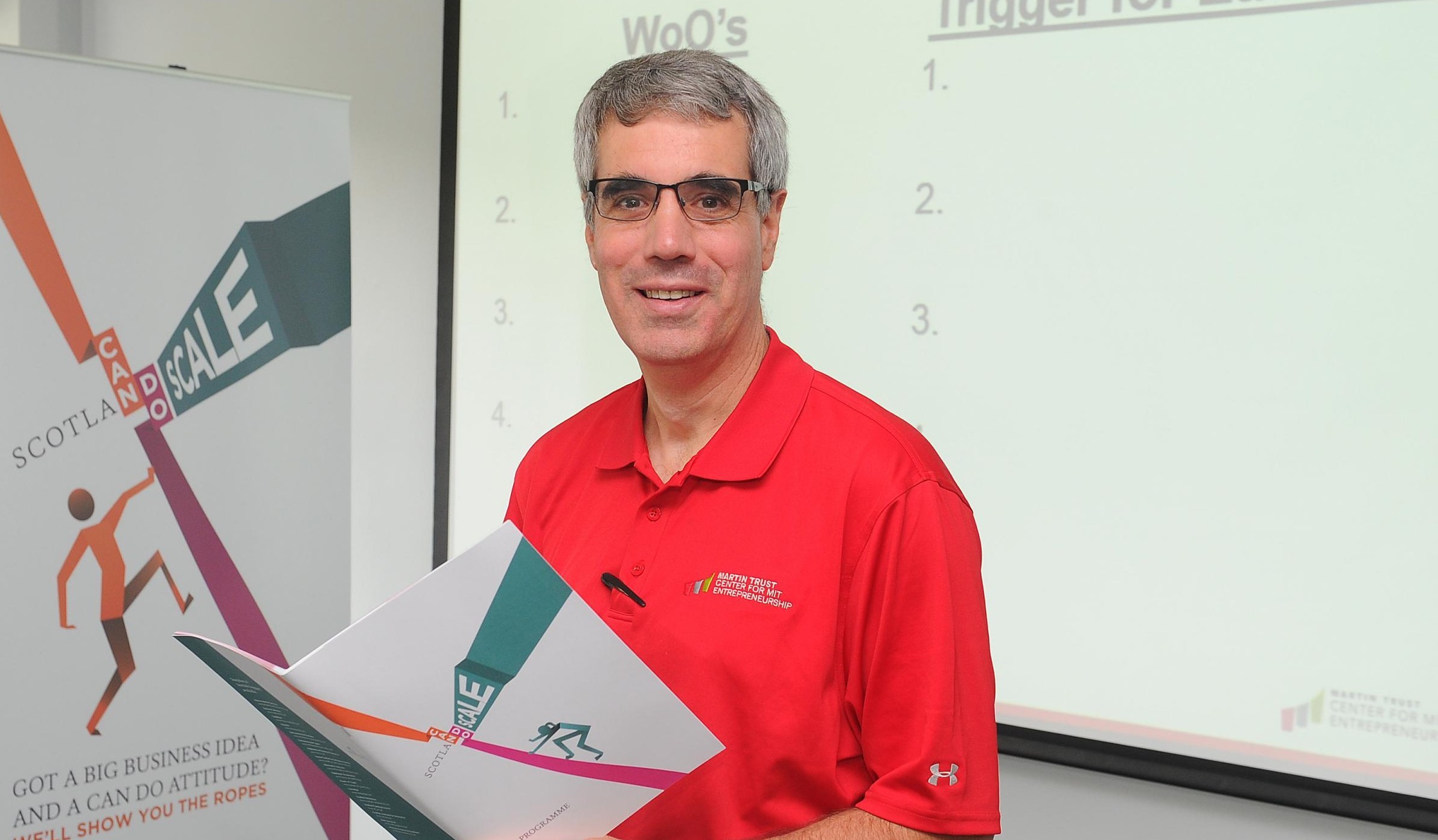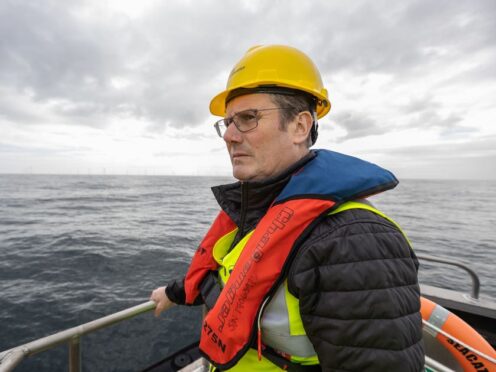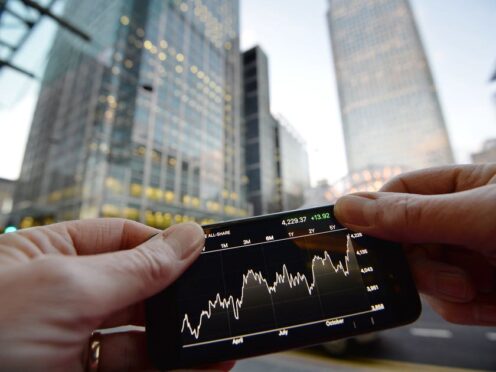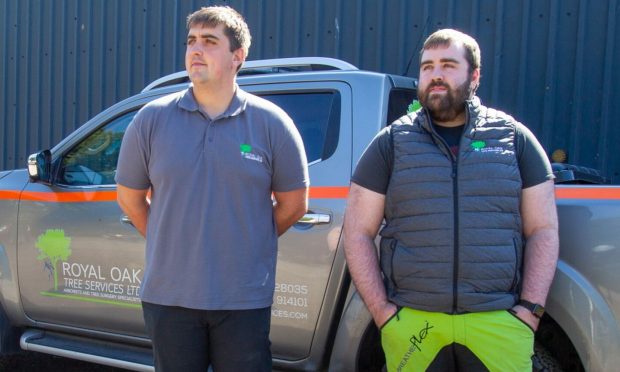Respected American entrepreneur turned educator Bill Aulet will give an insight into his business ethos at the Entrepreneurial Scotland conference at Gleneagles Hotel on Thursday. Here he talks to The Courier about how to be a successful entrepreneur.
Q Why is Scotland good at creating new firms but seems unable to grow
businesses of scale?
A Leadership and values are key to scaling businesses. Outside of that the challenge is three fold:
- Not enough ambition. People have the ambition to start a business but they aren’t raising their line of sight to scale up into UK and international markets.
- Business owners need to learn the skills needed to grow businesses of scale. They have to keep evolving, innovating and listening to customers.
- The skilled labour shortage. There are not many entrepreneurs in Scotland with the skills and experience required to manage the complexities of scaling.
Q How important are entrepreneurial skills to today’s labour market?
A They are everything, whether you want to be a start-up and create your own job or work within an organisation.
Major corporations now want employees that will inject entrepreneurship and
innovation back into the organisation.
We are seeing more people taking up entrepreneurship and innovation as part of their education and just last week the White House got in touch looking for
students studying entrepreneurship from MiT to help address opportunities and challenges the Government faces.
People who are trained as entrepreneurs not only survive when there are economic challenges – they thrive.
Q What more can be done to encourage an entrepreneurial mindset?
A The key is to provide access to high quality entrepreneurial education from undergraduate to executive level, and incentivise it so that if people do well there are further opportunities. What’s being done right now in Scotland will have a real impact so we need to continue to collaborate and keep up the momentum.
I am working with Can Do Scale, University of Strathclyde, Scotland’s enterprise agencies, and Entrepreneurial Scotland to educate people about what high growth entrepreneurship is. It is something many people in business can achieve.
Q Why should established entrepreneurs support those at an earlier stage?
A It is in their own interests for established entrepreneurs to create a supportive
environment. As more entrepreneurship flourishes, the more entrepreneurs learn from one another – creating a vibrant ecosystem.
Q What can Scotland learn from the entrepreneurial landscape in the US?
- 1 That entrepreneurship creates jobs. Research by Kauffman Foundation 1980-2005, found that 40m net new jobs were created by high growth companies that are less than five years old.
- That entrepreneurship can be taught. One study by Ed Roberts from MiT showed there was no genetic connection to why people are entrepreneurial. Just because your parent wasn’t an entrepreneur doesn’t mean you can’t learn the skills to be an entrepreneur.
Bill Aulet will provide a keynote address at the Entrepreneurial Scotland conference.The Courier is official media partner for the event.









